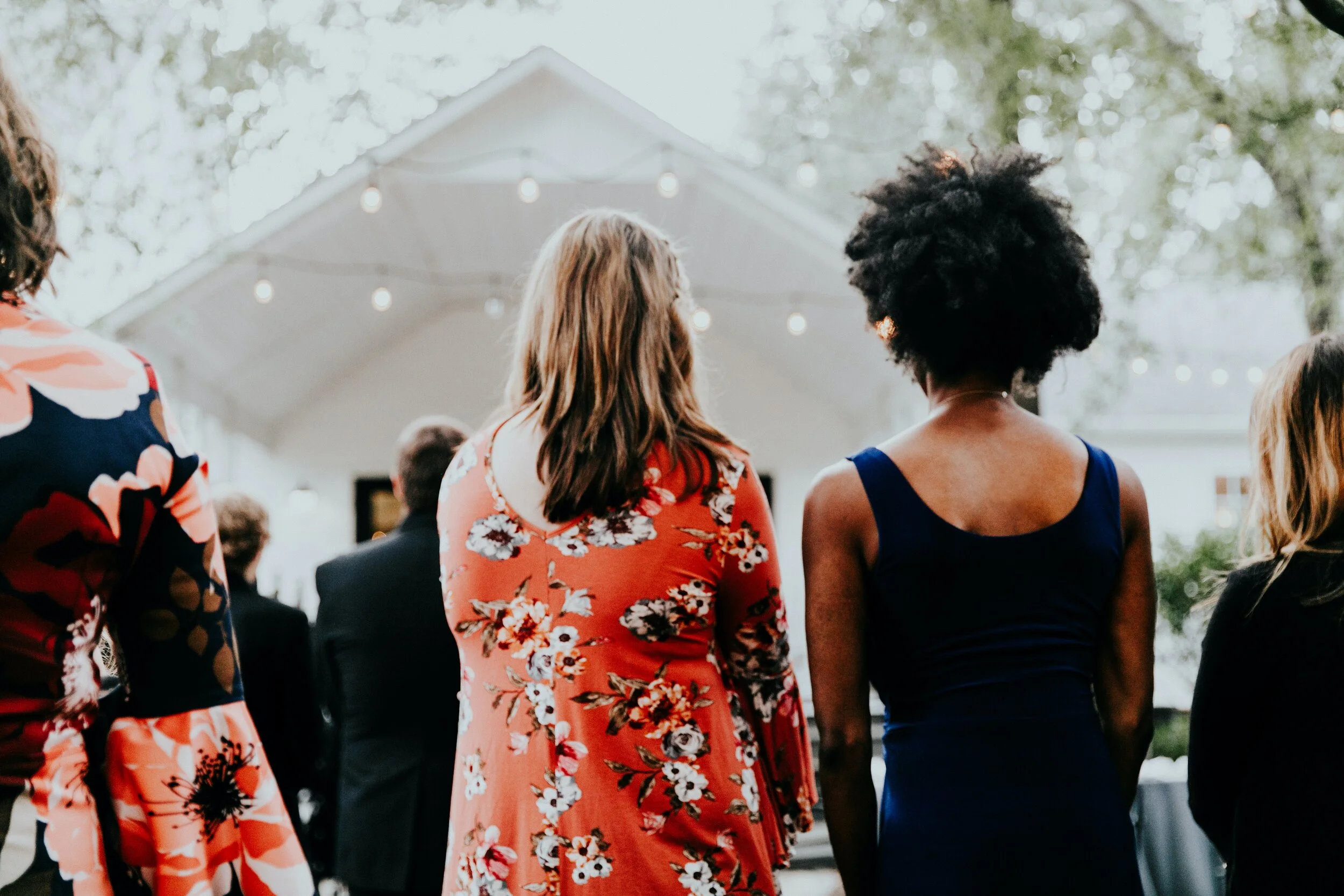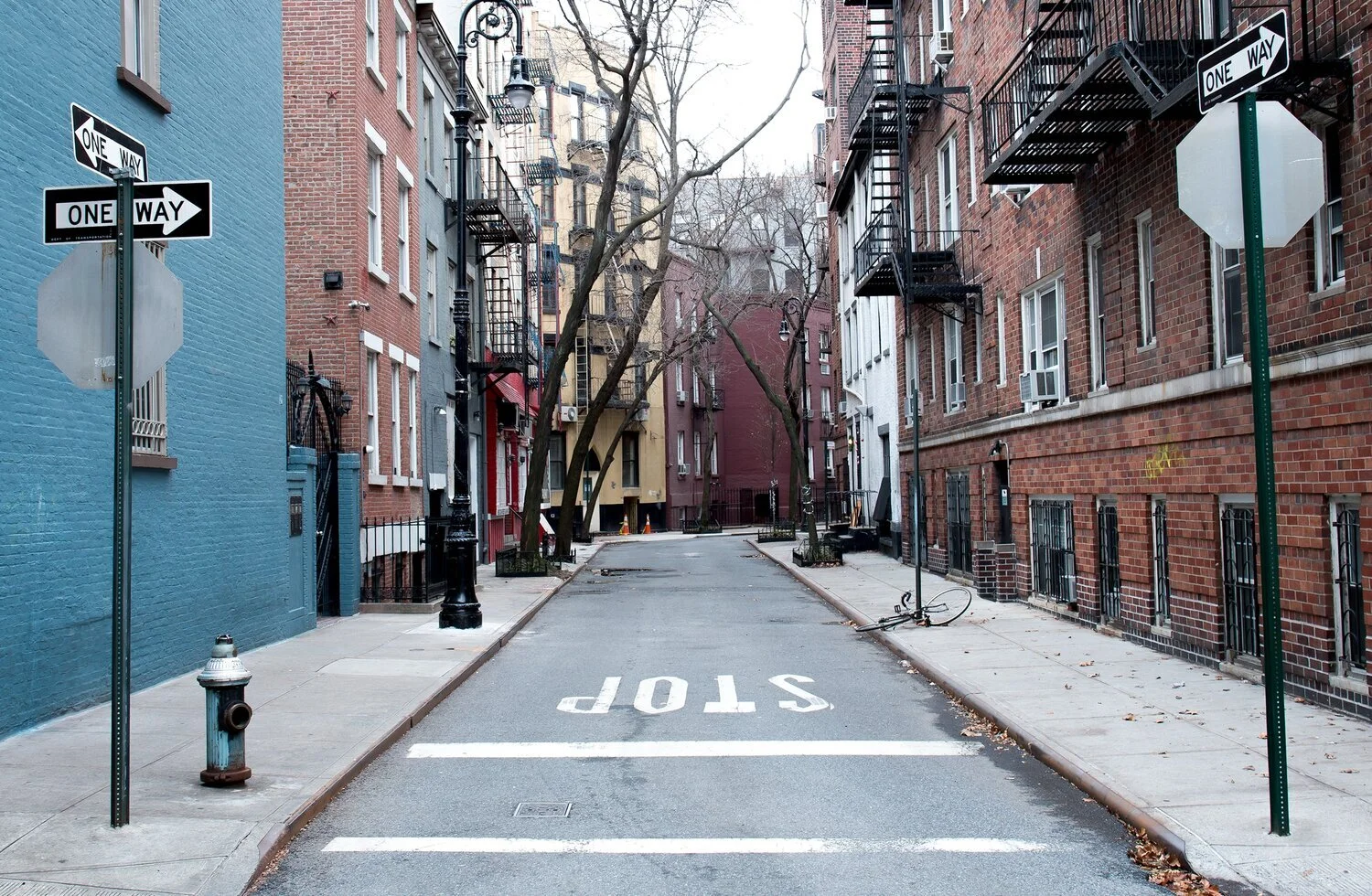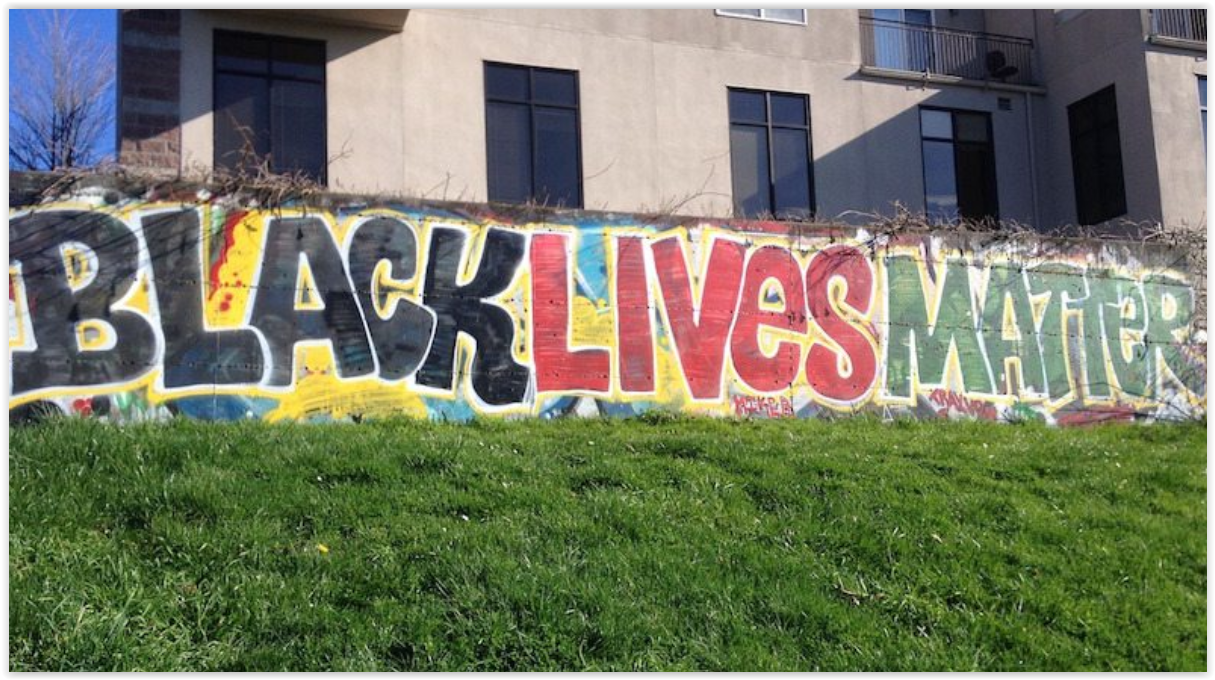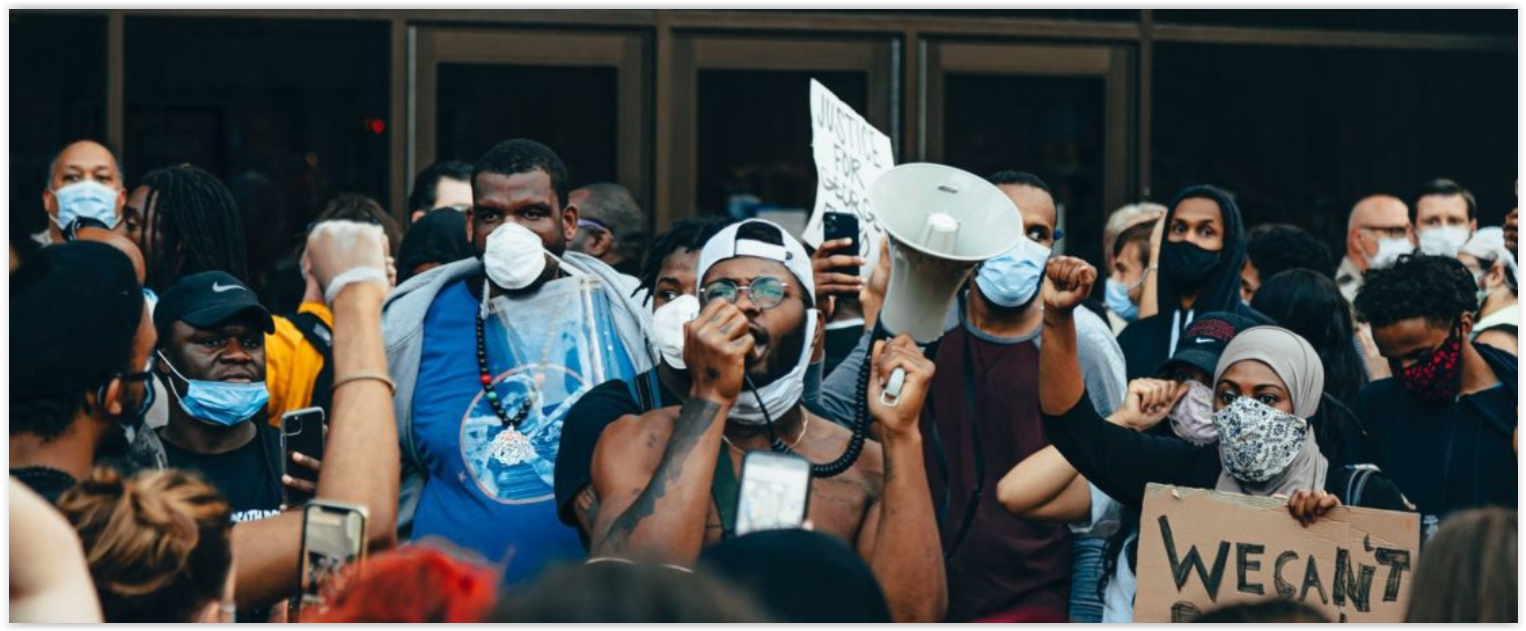What George Floyd’s Death Should Remind Us About Justice and the Gospel
This article was originally published here .
— by Russell Moore
Here we are again. After the country, just weeks ago, saw a shocking video of Ahmaud Arbery shot to death in Georgia, now a video has emerged showing us George Floyd dying with a policeman’s knee on his neck, protesting “I Can’t Breathe.” The officers involved have been fired, and protests are underway, while a nation asks, “How can this keep happening?” As with every other issue here, the problems underlying all of this will need to be addressed both to consciences and to institutions.
The powers-that-be have a biblical responsibility to be just in the way that they wield the rightful use of the law. That is why John the Baptist said to the soldiers and tax collectors after they had repented of sin and been baptized, “Collect no more than you are authorized to do” and “Do not extort money from anyone by threats or by false accusation” (Lk. 3:13-14). Why was this addressed to the tax collectors and soldiers and not to the general population of those at the Jordan River? It was because they were the ones responsible for making such decisions, decisions that could exploit vulnerable people unjustly. In our system of government, that responsibility rests, ultimately, with all citizens.
Does that mean that we will know, in every case, how to see to it that racial injustices do not happen? No. The Samaritan probably did not have a comprehensive understanding of how to nurse the man beaten on the Jericho Road back to health. That does not mean he could, like the priest and Levite, avert his eyes. The first step toward doing right is to recognize that something is wrong.
Click here to read the full article:
What George Floyd’s Death Should Remind Us About Justice and the Gospel
Related articles
What would it look like if we all consult the people ‘less valuable’ to truly understand their actual and not an assumed need? What would it look like to brainstorm solutions together with people who have lower education levels and a scarcity of resources, yet hold an abundance of community connection and resourcefulness?
What if faith-driven entrepreneurs, not just in the U.S. but worldwide, went all-in to commit their creative talents and abilities to advance God’s kingdom and be the agents of change for justice, equality and eradication of poverty?
Have you ever wondered what made people like Thomas Edison, Steve Jobs, and Elon Musk so innovative? Why they seemed to have been able to keep coming up with game-changing technologies over and over again?
The Samaritan probably did not have a comprehensive understanding of how to nurse the man beaten on the Jericho Road back to health. That does not mean he could, like the priest and Levite, avert his eyes. The first step toward doing right is to recognize that something is wrong.
These three phrases — reconciliation, economic wisdom, and the church — belong together. Why? Let’s begin with a definition of reconciliation. Brenda Salter McNeil’s book, Roadmap to Reconciliation: Moving Communities into Unity, Wholeness and Justice, helps us.
A few years ago in a powerful op-ed in the New York Times, Nicholas Kristof wrote that “the United States now has a greater wealth gap by race than South Africa did during apartheid. Whites in America on average own almost 18 times as much as blacks; in South Africa in 1970, the ratio was about 15 times.”
Is Black Lives Matter the new Civil Rights Movement? This is a well-formed question because it reveals that some of us are ready to talk about how racialized injustices affect the church, not just from the safe distance of 60 years ago but also today.
"Justice" is a felt need in our world today and a controversial topic. But what is justice, exactly, and who gets to define it? In this video, we'll explore the biblical theme of Justice and discover how it's deeply rooted in the story-line of the Bible that leads to Jesus.
The story goes like this. In the days of the Holocaust, on a Sunday morning, a train filled past overflowing with Jewish prisoners was headed to a Nazi prison camp where the captive men, women and children would surely be put to death.
Last week, I lost my breath. My breathlessness came because of watching the now viral video of a man gasping for the desperately needed air his lungs begged for.
For far too long, good people just haven’t been good enough. While this is arguably already a “trending idea” in the public sphere, please indulge me just for a bit and walk down some of my own thought trails with me on the subject.
What if we could take our historical disadvantage, created by systemic racism and artificial poverty, and turn into our competitive business advantage? What if by leveraging the platform technology entrepreneurship we could bypass many of the cognitive biases which have prevented both economic and human flourishing within our community for centuries?
——
[ Photo by Fabrizio Conti on Unsplash ]













As entrepreneurs, believers and leaders, may we use the opportunity to showcase the delight instead of the disability as we create a world that embraces people of all abilities, one moment, one interaction at a time.